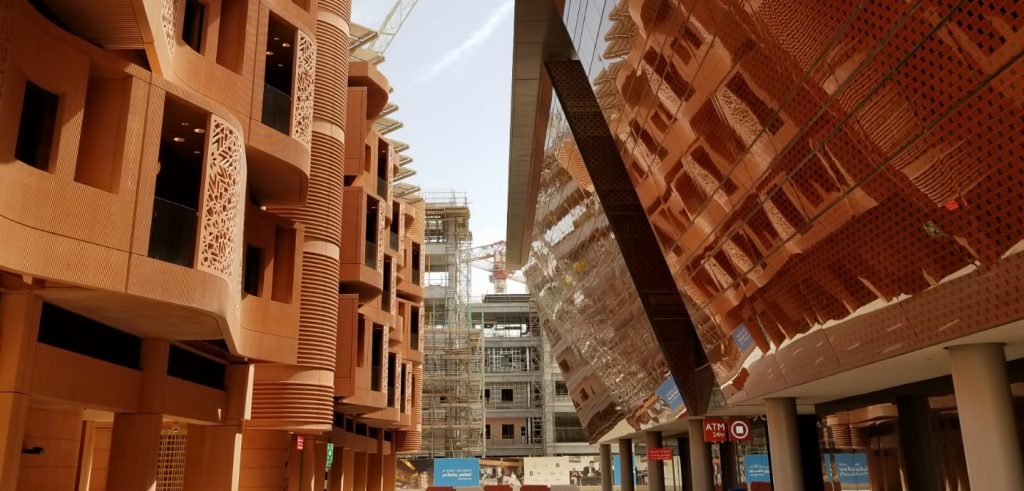Integration of future energy systems into Canadian cities and First Nations Communities

Cities and towns account for between 37 and 49 percent of global greenhouse gases (GHG) emissions. Much of this results from burning natural gas to heat residential and commercial buildings, burning gasoline and diesel fuel in the cars and trucks moving throughout the cities every day, and, of course, consuming electricity that still largely comes from coal-fired or natural gas power plants. Future energy systems (FES)—such as solar power, geothermal, wind power, and others—are vital to making communities smart and sustainable, and thus reducing GHG emissions. Direct energy systems, district cooling systems and retrieving energy from the residential waste are some of the ways cities and other communities are combatting current and new challenges.
Unfortunately, we do not know enough about how prepared Canadian municipalities and First Nations communities are to adopt to future energy systems, from a governance and policy perspective. The quesiton that Canadian cities are currently grappling with is whether we can plan a city or neighborhood based on energy and emission production scenarios described in the Paris Accord. Using a mixed methods approach to data collection and international comparators as benchmark, this research intends to examine strategic plans, policies, bylaws, and/or projects undertaken by municipalities across Canada to assess how prepared they are to adapt to future energy systems. In the third year of this project, similar information and perspectives will be sought from First Nations communities.
Currently, the project is working in three strands to achieve this:
-
- Municipalities and energy transition: Municipalities across Canada have formulated energy transition plans with ambitious goals of achieving carbon neutrality. However, it is not know if they consider place and space based factors in strategy formulation. This is particularly true in Prairie municipalities that have an incumbent presence of oil and gas.
- Community League and energy transition: Community Leagues are a unique community-led grassroots organization in Edmonton, Canada. We examine the opportunities and barriers that exist for community leagues in diffusing the ideas and practices of energy transition in their communities.
- GHG modelling at the neighbourhood level: Energy use and GHG emissions are not uniform across the city as spatial parameters such as area, arrangements, land use, population density, and road network are varied within the city at neighborhood scale. We explore whether the neighborhood and its elements such as building typology, land use, location and travel behavior have any impact on GHG emissions in order to create a configuration of neighborhood that emits the least amount of GHG emissions.
As this research will involve close coordination with a wide range of communities across Canada, the research will implement processes to ensure that appropriately inclusive and diverse knowledge, expertise and perspectives are reflected in the methods and personnel employed in each phase of the project. Principal Investigator Sandeep Agrawal, who has conducted human rights and housing research related to economically- and socially-disadvantaged communities in the UAE, Sri Lanka, and across Canada, is currently conducting similar studies in partnership with First Nations communities in Canada’s north. He looks forward to actively including and promoting diverse voices and knowledge from First Nations communities in this project.